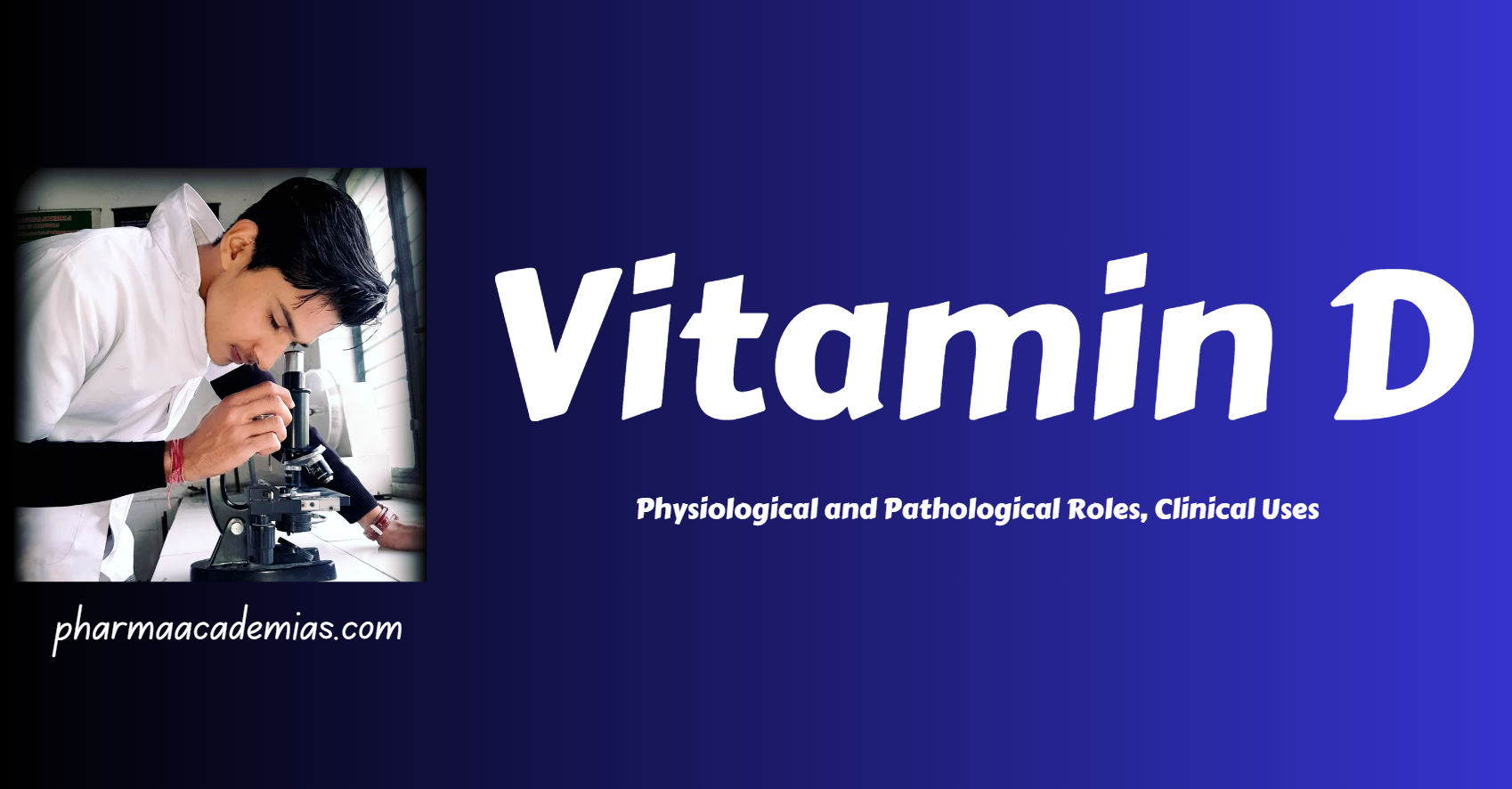Vitamin D: Physiology, Pathology, and Clinical Uses
Vitamin D is a vital fat-soluble nutrient for regulating calcium and phosphorus metabolism. It includes forms like D2 (from plant sources) and D3 (synthesized in the skin and found in animal-based foods). Its primary role is aiding the absorption of calcium and phosphorus in the intestines, which are vital for bone health. Obtained from diet, … Read more



